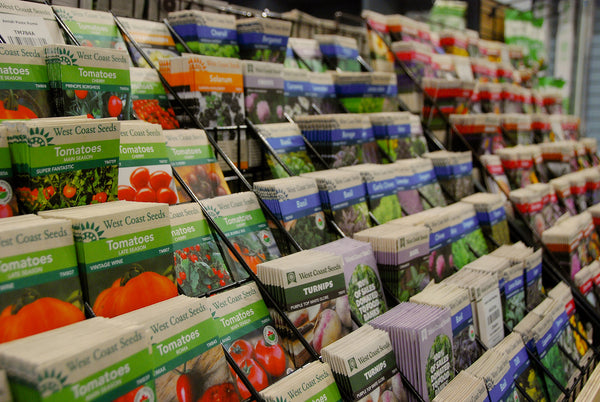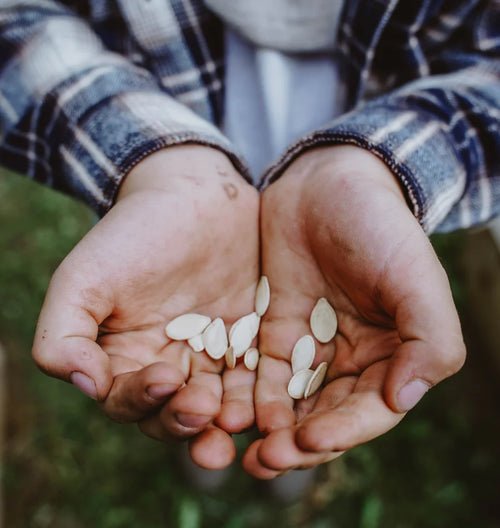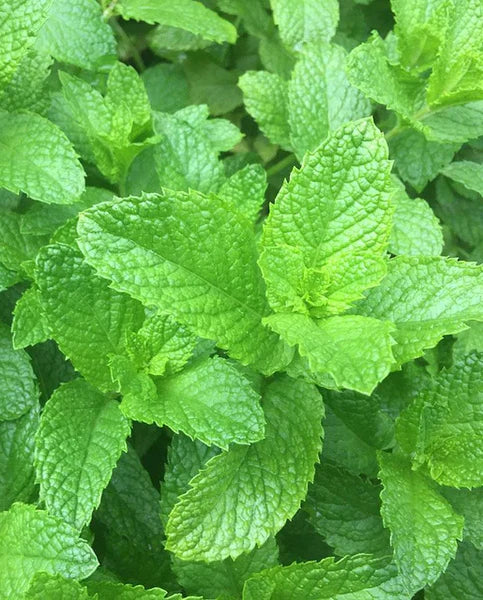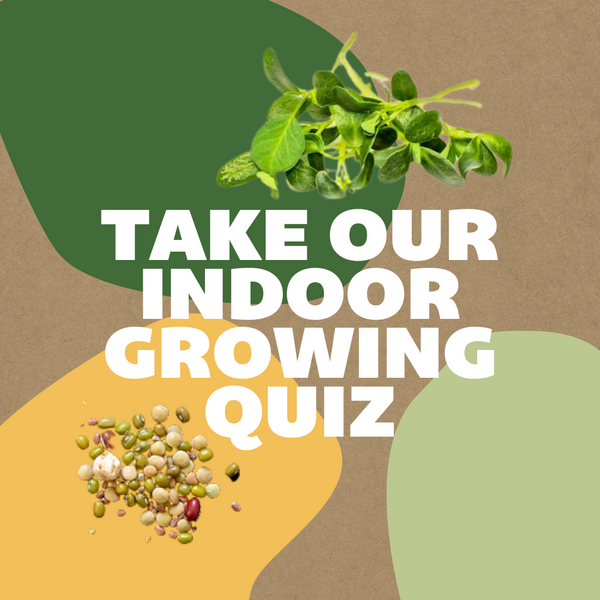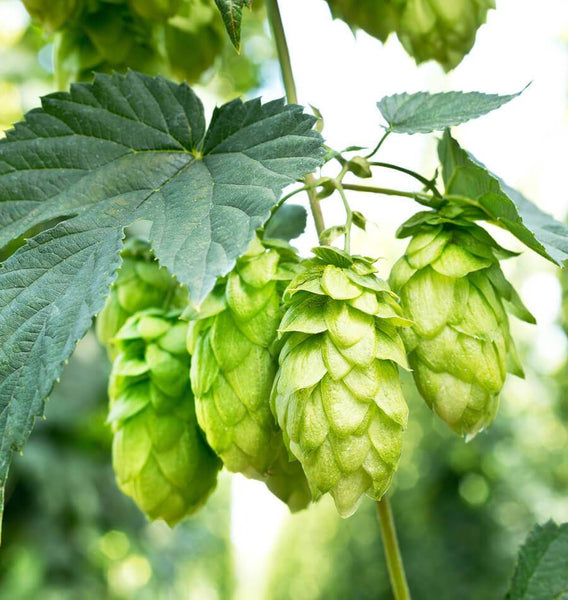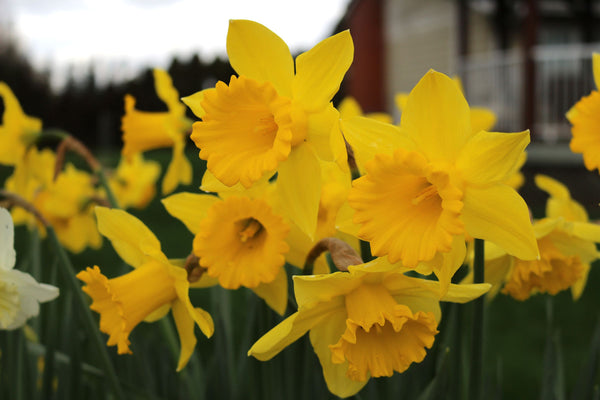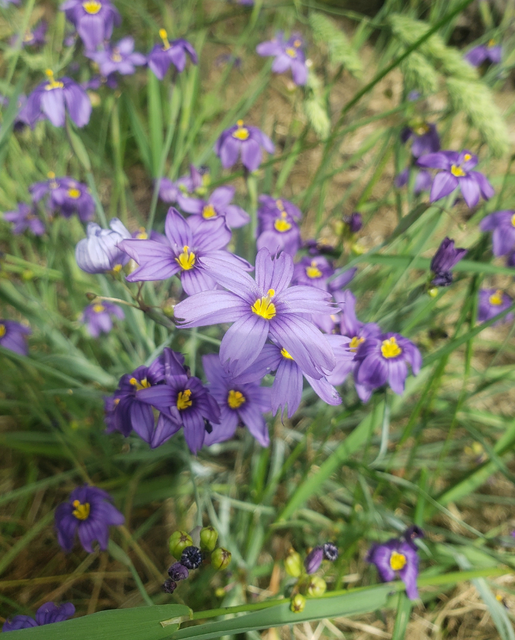West Coast Seeds ships anywhere in North America. However, we are not able to ship garlic, potatoes, asparagus crowns, bulbs, onion sets, Mason bee cocoons, or nematodes outside of Canada. We regret, we cannot accept returns or damages for orders outside of Canada. The minimum shipping charge to the US is $9.99.
Introduce a friend to organic growing. Send them $10 off their first order and get $10 off your next order.
Shop now! 40% off on Seed Garlic & Fall Flower Bulbs.
Support Food Banks Canada with every dollar spent — 15% sales donated from Black Friday to Cyber Monday.
Time remaining:
Time remaining:

